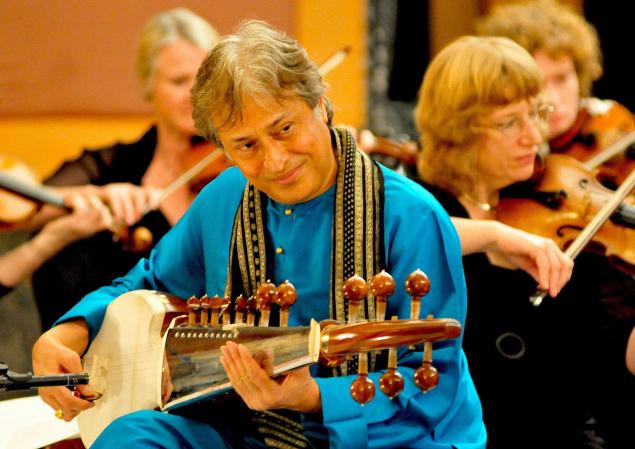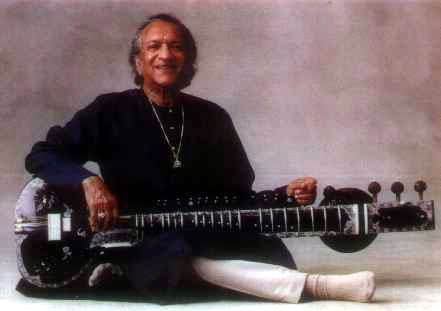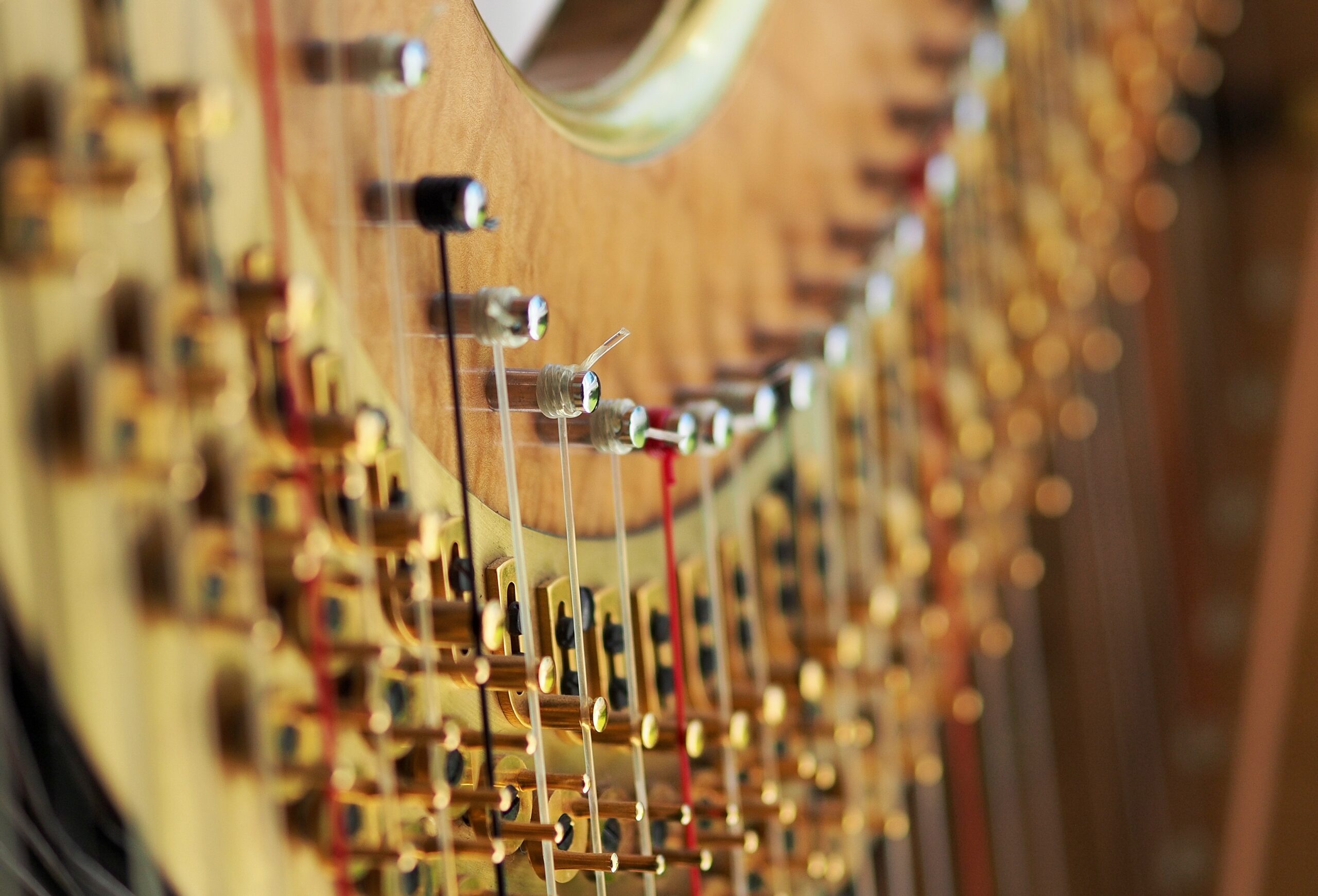“Over a period of time, the western audience has adapted to Indian classical music. The beautiful aspect about western audience is that after a concert they give standing ovation for 10-15 minutes,” Sarod Maestro Ustad Amjad Ali Khan once said. Khan believes that it is a fallacy to say that Classical music is dying and feels that even the western audience has adapted to our music. The question is – Is classical music dying?
Speaking about it, a large audience even today believe that no genre of music will die out anymore, they just become marginalized. Like everything else. There are no more monolithic, big things that people are into, but small niches instead. We could say that even the classical music scene may splinter even further. Unfortunately the prejudice of ‘classical music is for the posh and the rich’ has been replaced by another prejudice – ‘classical music is a thing of the past.’ Whether it is or isn’t the fault of contemporary composers themselves that they fail to reach an audience as substantial as the composers of the past is a different discussion, but the widespread idea that classical music is something they did in the 18th and 19th centuries and has no relevance anymore to people today no doubt hurts its overall appeal. The fact that 98% of the populace would fail to name even one living composer can’t be a good thing.There is a large mass which thinks – “classical music is music for musicians”. Classical music’s approaches to harmony and melodic development empower the music to offer long and complex narratives that connect strongly with people’s emotions, seeming to go to the heart of the human condition.

Now, with classical music losing stature and status, some fear that this kind of musical narrative, and the very ability to construct such narratives, might disappear. Technology is fostering and cultivating a younger audience. Ambitious young musicians with nothing more than a laptop and a copy of Finale by Make Music, can compose entire symphonies from home. And venues like Video Games Live are inspiring such talent, also in a way leading to the death of classical music.
One might be tempted to predict, if not the end, then the beginning of the end of the classical recital. Doing so, however, would be to mistake its enduring influence on life and culture, and the quiet resurgence underway. According to American composer David Maslanka, “Classical and symphonic music rarely makes headlines because it is almost by definition old.” And though today’s headlines are often bleak, he adds, “Classical music is a very powerful undercurrent in these very turbulent times. It is a force pulling us through this age.”
It’s dwindling in popularity, because it’s greatest fans are now dying of old age, and the new generation isn’t quite able to make up for it.

But recording has allowed classical music to spread across the world in a way it wasn’t able to even 50 years ago. So, perhaps we can even say classical music is even more known by the world than it ever has?Classical music has moved off its pedestal to assume a place among other wonderful kinds of world music, contributing its voice to the global chorus while making room for fresh musical ideas to grow. The change in classical music’s status has happened because our culture has changed, as cultures do, and its musical needs have shifted. If classical music’s ability to speak for the human spirit once appeared unlimited in scope, now the music appears to have limitations. It may not speak for everyone; it may not speak about everything.
We can still admire, appreciate, and love classical music, and support it, while also seeing that it does not quite fit society’s current self-perception and that it ignores some important issues.



